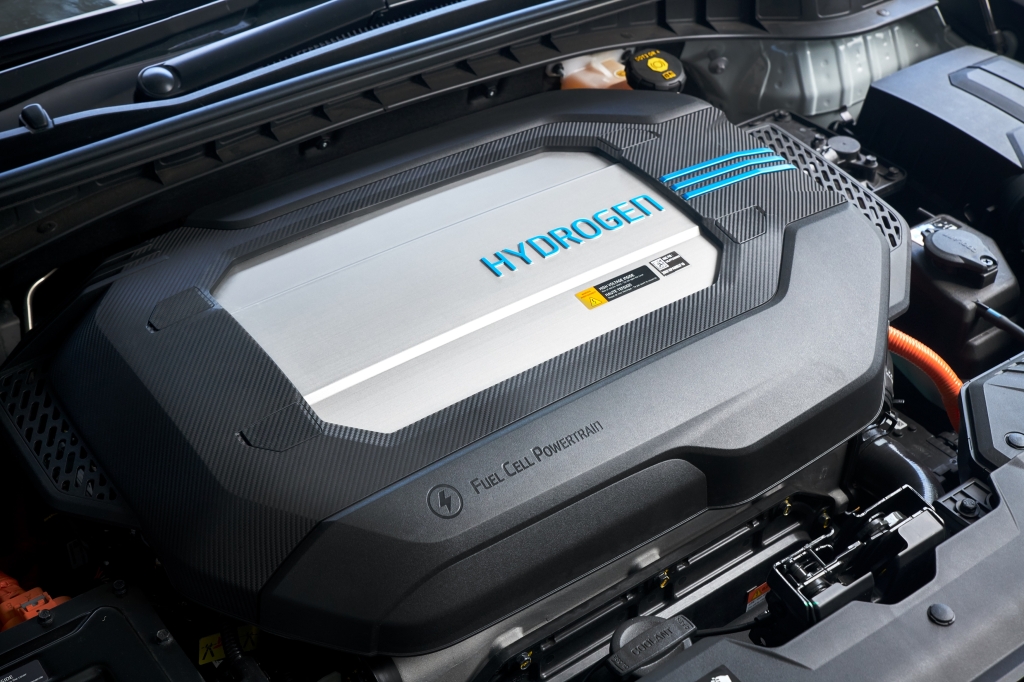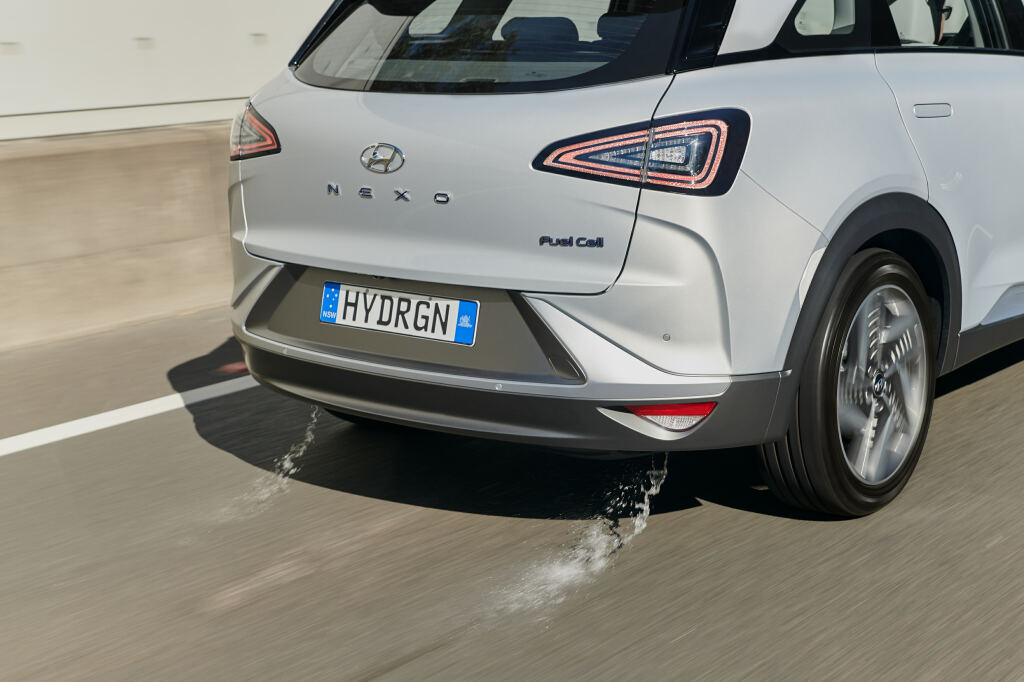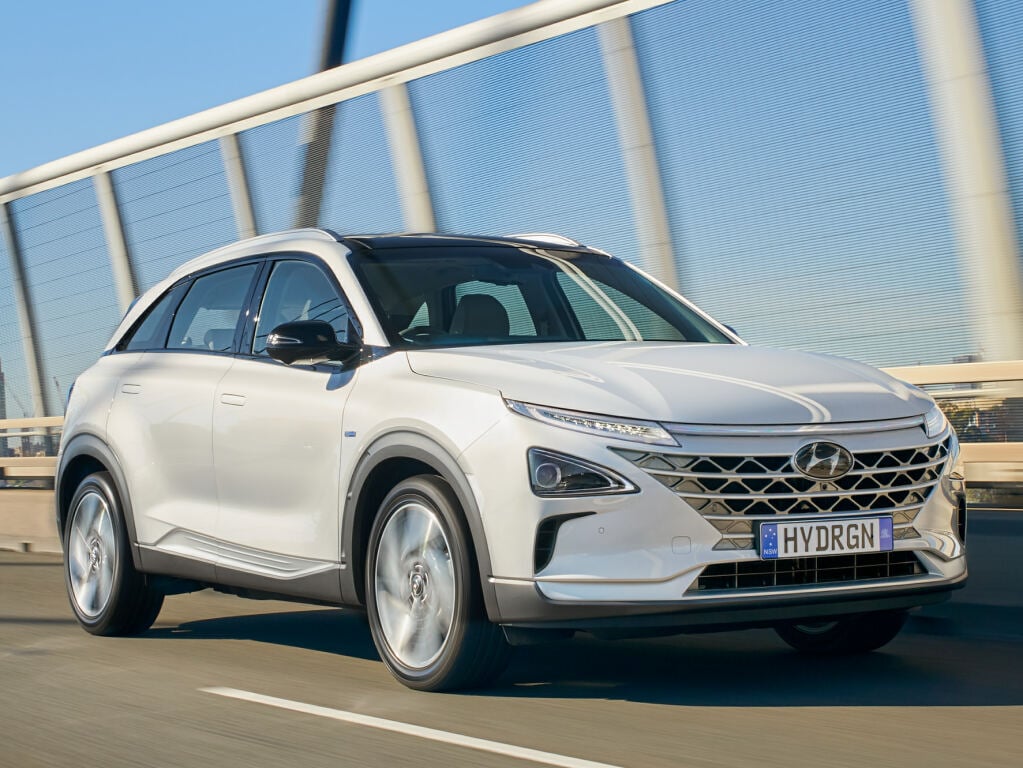 A furious debate rages between critics like Elon Musk and believers like Hyundai’s fuel cell research boss
A furious debate rages between critics like Elon Musk and believers like Hyundai’s fuel cell research boss
It’s strange, isn’t it, that hydrogen is the most abundant fuel on Earth, yet its use in vehicles (rockets and a few fringe machines aside) remains the subject of so much debate?
If a journalist’s job is to seek out the truth and report it, I’m afraid that I’m going to disappoint you. Such is the depth of expertise and opinion on each side that it’s beyond my capabilities to draw a conclusion. It’s clear, though, that there’s worthy debate to be had.
On the one side you have Tesla boss Elon Musk, who described hydrogen’s use on the road as “mind-bogglingly stupid” in reference to the amounts of energy required to produce it. On the other you have Sae Hoon Kim, Hyundai’s head of fuel cell research since 2003, who said last year: “People will come to realise that hydrogen is the answer to emissions regulations.”
 Let’s hear more from Musk: “Hydrogen is an energy storage mechanism. It’s not a source of energy. So you have to get that hydrogen from somewhere. Electrolysis is extremely inefficient as an energy process. If you take a solar panel and use the energy from that to charge a battery pack directly, compared to trying to split water, take the hydrogen, dump the oxygen, compress the hydrogen to an extremely high pressure and then put it in a car and run a fuel cell, it’s about half the efficiency. It’s terrible. It makes no sense.”
Let’s hear more from Musk: “Hydrogen is an energy storage mechanism. It’s not a source of energy. So you have to get that hydrogen from somewhere. Electrolysis is extremely inefficient as an energy process. If you take a solar panel and use the energy from that to charge a battery pack directly, compared to trying to split water, take the hydrogen, dump the oxygen, compress the hydrogen to an extremely high pressure and then put it in a car and run a fuel cell, it’s about half the efficiency. It’s terrible. It makes no sense.”
Back to Kim: “Right now, hydrogen is made as a by-product of fertiliser and oil refining. What makes this sector difficult is that the initial [investment] expense is very high. In the case of battery technology, all you need is an inverter. With fuel cells, there are a lot of other components that are needed. But both Hyundai and Toyota have strong confidence in hydrogen compared with other companies. Zero emissions is going to be very hard to achieve with just batteries.”
Listen to Musk and you will conclude the path that most governments have backed is the right one. Given the investment and time required to install infrastructure for charging EVs, the logic of betting on the technology that’s readier and more financially viable today is perfectly logical.
 But what if Kim, whose view has been echoed by people at Honda and Toyota, is right? What if all that stands between hydrogen being the right answer is scale? What if hydrogen’s opportunity to achieve that scale has been cut off in the rush to take the easier path?
But what if Kim, whose view has been echoed by people at Honda and Toyota, is right? What if all that stands between hydrogen being the right answer is scale? What if hydrogen’s opportunity to achieve that scale has been cut off in the rush to take the easier path?
In all likelihood, the tide has turned. If hydrogen can’t prevail without scale, it seems that its proponents have lost the debate. But that doesn’t necessarily mean the right decisions have been made.
Jim Holder




 A furious debate rages between critics like Elon Musk and believers like Hyundai’s fuel cell research boss
A furious debate rages between critics like Elon Musk and believers like Hyundai’s fuel cell research boss